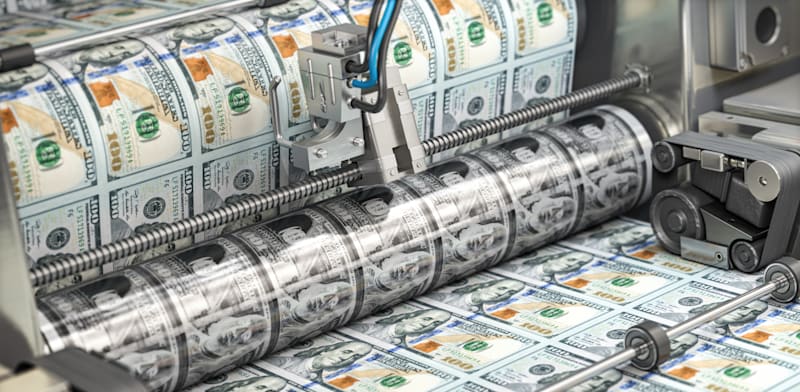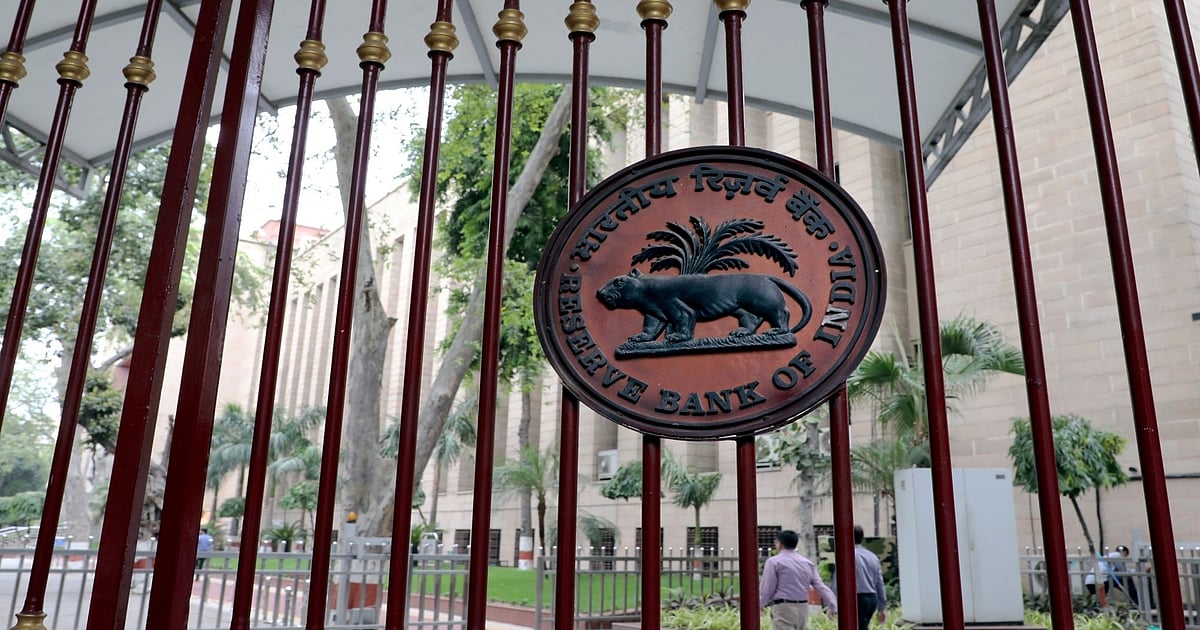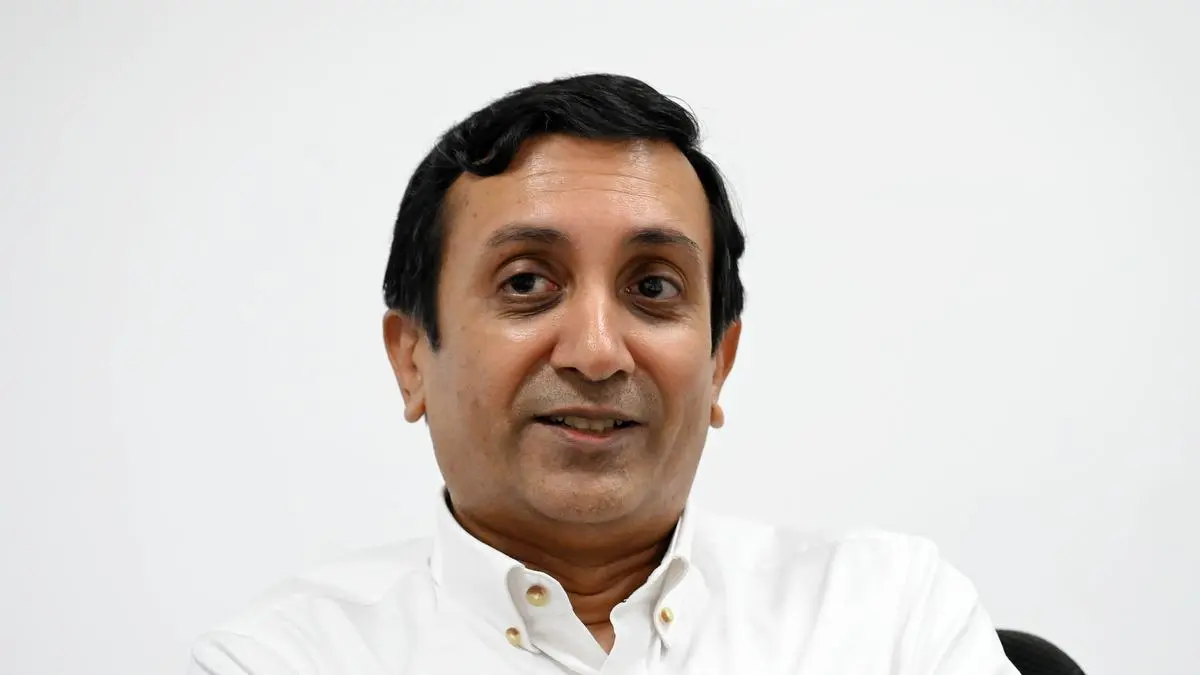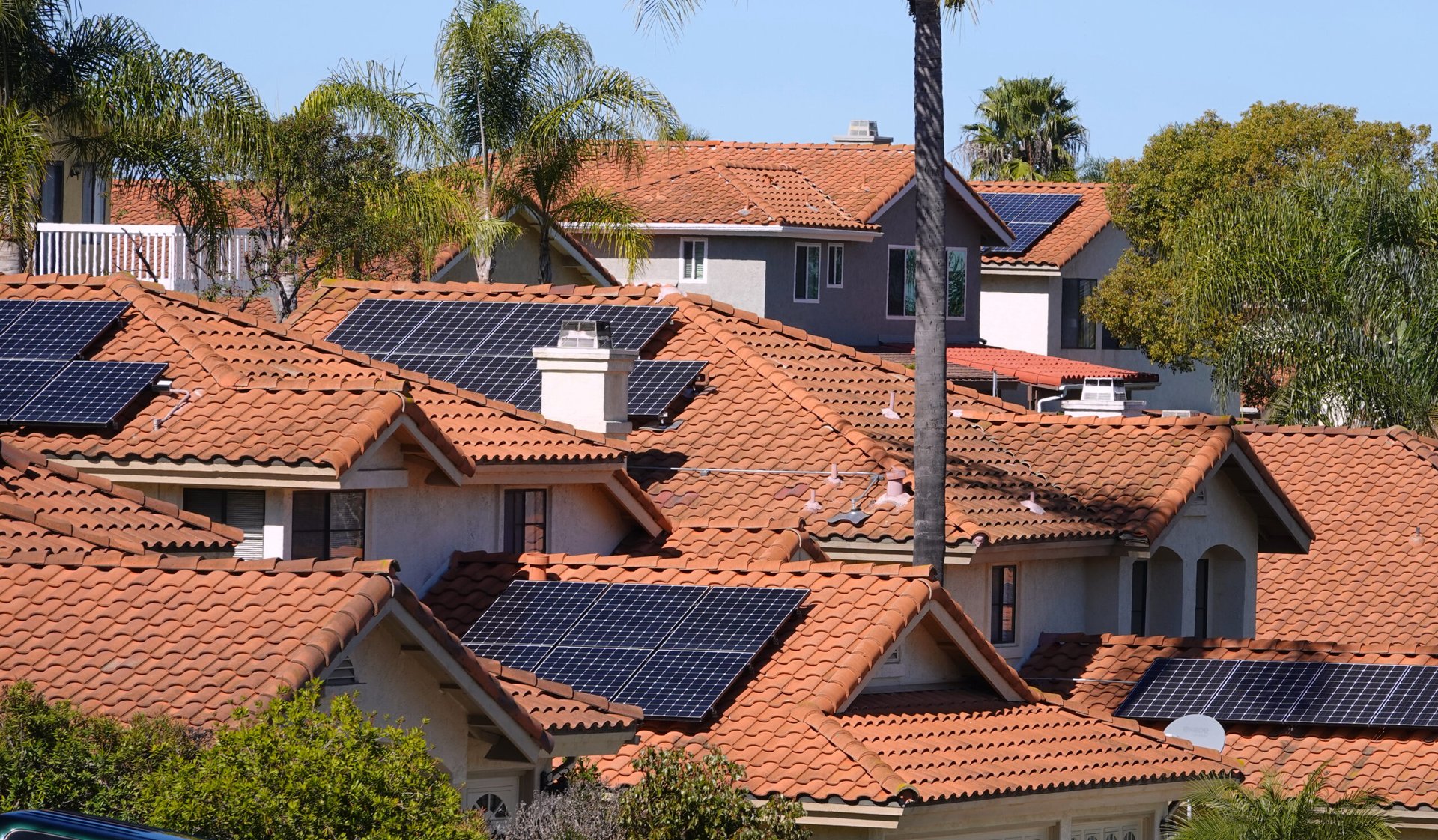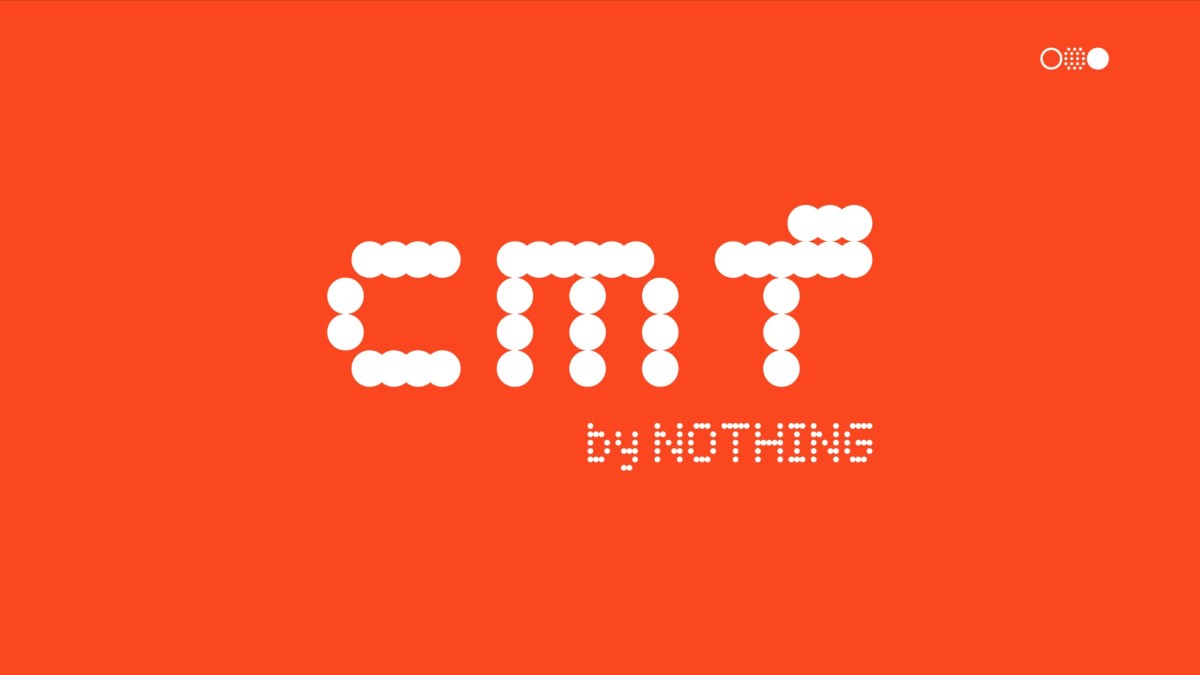Vortex-backed Energy21 has acquired two SaaS solution providers to expand its market. | Image credit: Energy21
The Netherlands-based Energy21 announced on Thursday, August 24, that it has acquired SaaS providers Jules Energy and Ecedo to solidify its leading position in the European energy market.
“These two acquisitions align well with Energy21’s strategy to be the go-to technology partner for energy companies,” says Energy21 CEO Michiel Kuiper.
“By adding the software solutions and expertise we can deepen our product offering and geographic presence. This will allow us to support more clients with more specific solutions in the energy value chain,” Kuiper adds.
Aim of the acquisitions
The acquisitions of Jules and Ecedo follow a rising demand for software solutions in the energy sector. Jules’ SaaS solutions will enable Energy21 to expand its offerings to energy suppliers in Europe.
The startup is known for its modular cloud-based software services, digitising clients’ management systems and value chains. Its platform helps consumers reduce their energy bills. Jules’ client base includes Flexitricity and TotalEnergies.
Ecedo focuses on providing SaaS solutions for traditional and dynamic contracts. Its products have helped energy suppliers manage, register, and invoice their global customers. These services will be added to Energy21’s portfolio, compiled in its product suite, EBASE.
![]()
Kupier says that the merged entity comprises over 100 employees who share passion, deep expertise, and capability to deliver services securely and effectively. Serving around 50 corporate clients across Europe and the UK, the group expects an annual revenue of €20M this year.
Rapidly evolving energy sector
Energy21 got the backing of Vortex Capital Partners for its international expansion. The firm announced its agreement with Vortex last year, citing the need to cater to the rapidly evolving market.
“The energy market is changing tremendously; from fossil to green, from central to local, but also from predictable to continuously adjustable,” says Kuiper.
“In addition to traditional energy suppliers, more and more participants are entering this dynamic market. We are keen to help those firms with the challenges posed by the rapidly changing market,” he adds.
According to Energy21, the sector experiences an increased complexity thanks to rapidly evolving market requirements. Price caps on energy, the emergence of flexible contracts, and EV-sharing trends contribute to the market’s complexity.
Authorities have called for a speedy transition from fossil fuels to renewable energy in recent years. Other goals include providing reliable and affordable sources of energy.
During the COVID-19 pandemic, energy use in Europe declined significantly but experienced a significant rebound as things returned to normal. It is expected that energy supply will return to be a big contributor to Europe’s greenhouse gas emissions, which does not align with its goal to be net zero by 2050.
As of now, Europe still relies on imported energy, making it vulnerable to supply-chain disruptions and price fluctuations. Because of that, the EU has been pushing to develop sustainable energy sources within the region. By 2030, the European Commission expects 40 per cent of its energy to come from renewable sources.
…your recruitment or product development with our curated community partners!









